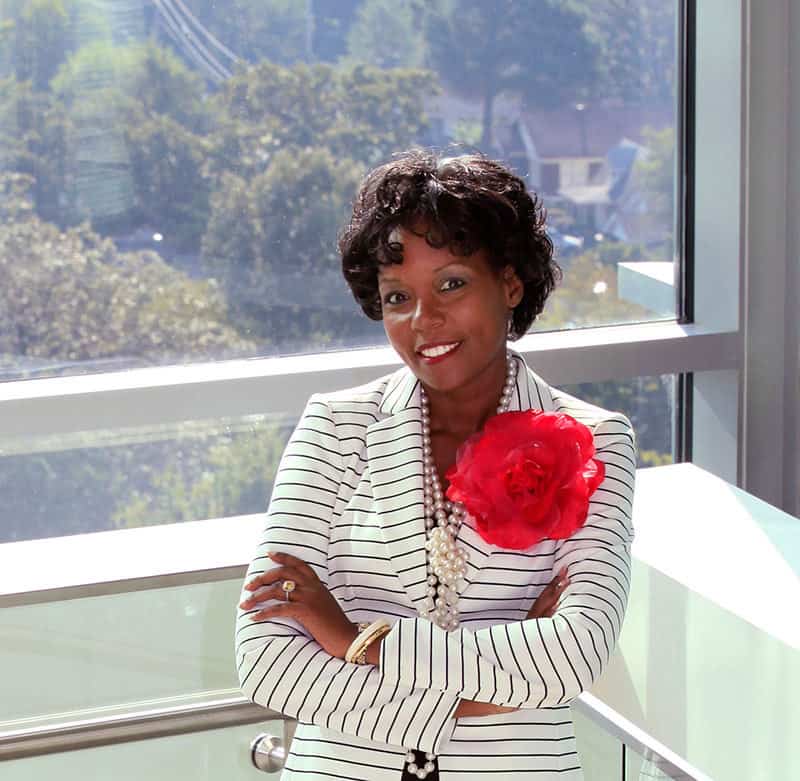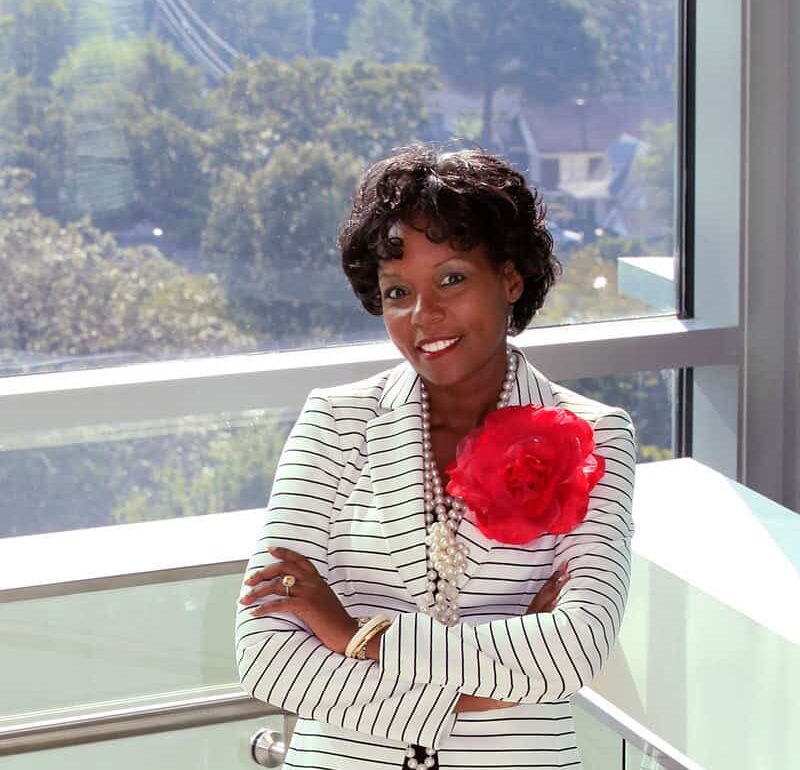
In the ever-evolving narrative of political leadership and community service, African American mayors stand as pivotal figures, championing systemic change and fostering community resilience. Kevin Hooks, on his show “Equity in Focus,” recently sat down with Phyllis Dickerson, CEO of the African American Mayors Association (AAMA), to discuss the impactful work undertaken by this organization and explore Dickerson’s journey through fashion, public service, and political influence.
Dickerson, with her roots in Little Rock, Ark., transitioned from a 20-year career in fashion to a dynamic role in city government. Her entry into government was marked by her involvement in commemorating the 50th anniversary of the Little Rock Nine, an event that pivoted her toward a lifelong commitment to public service. Over the years, Dickerson has been instrumental in various capacities, even serving leaders like President Clinton and Michelle Obama.
The conversation with Hooks highlighted the AAMA’s critical role in addressing systemic issues within communities, emphasizing the importance of preserving life and generating wealth across African American communities. Dickerson shed light on initiatives like Axon’s provision of body cams and tasers to enhance policing transparency, and Bloomberg’s Greenwood Initiative, which offers critical data to help track homeownership rates among African Americans.
Dickerson passionately spoke about the direct impact mayors can have, noting their deep community ties and firsthand understanding of their constituents’ needs. These connections, she explained, enable mayors to respond swiftly and effectively to community challenges, whether they be in addressing food deserts or managing disaster responses like the water crisis in Jackson, Mississippi.
Addressing racial dynamics and community challenges
One of the most poignant parts of the interview was when Dickerson discussed the unique pressures faced by African American mayors, who often shoulder the dual burden of managing their cities’ administrative responsibilities while also navigating the racial dynamics inherent in their roles. The story of a constituent questioning why trash collection seemed preferential, which was humorously but pointedly resolved, underscored the everyday racial challenges these leaders face.
Moreover, Dickerson emphasized the solidarity among the mayors, illustrating it through their immediate and collective support in times of crisis, such as when disasters strike their cities. This camaraderie extends beyond mere professional support; it forms a crucial network of emotional and strategic resilience.
Engaging the next generation in politics
In her closing remarks, Dickerson called on the younger generation to engage deeply with political processes, underscoring the importance of continuity in leadership and the need for innovative solutions to entrenched problems. Her message was clear: the path forward requires a committed, collective effort that doesn’t shy away from embracing new methods or technologies to better serve the community.
Hooks wrapped up the conversation with a nod to an African proverb: “Sticks in a bundle are unbreakable.” This proverb aptly encapsulates the strength and unyielding support within the African American community, championed by leaders like Dickerson, who continue to push for substantial and enduring change in both political and community arenas.
For those interested in following the work of the AAMA and Dickerson’s contributions to political and community leadership, more information can be found on their website at ourmayors.org, with continuous updates available through their hashtag #AAMA10 on social platforms.
In this detailed exploration, Dickerson not only highlighted the initiatives and challenges faced by African American mayors but also painted a broader picture of the necessity for proactive, empathetic leadership in crafting a future that acknowledges and addresses the needs of all community members, especially those who have historically been marginalized.


